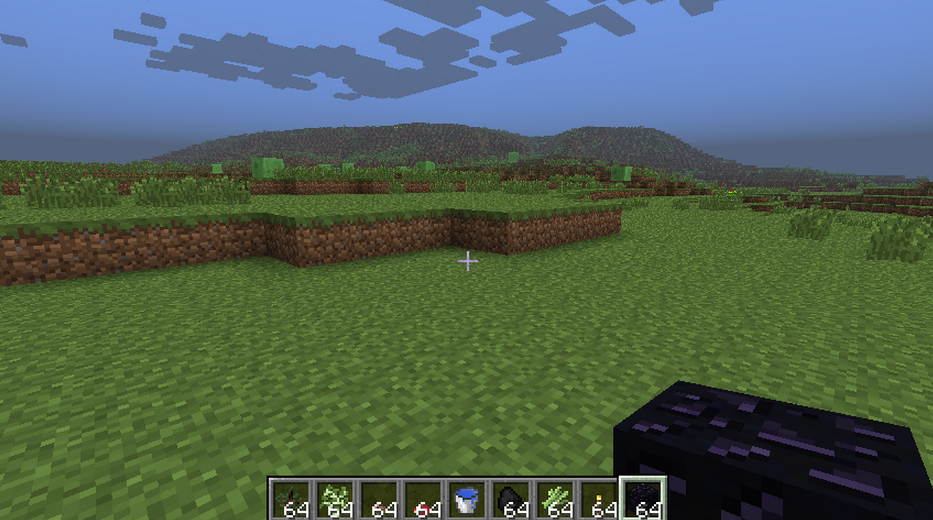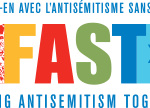
by Shawn Graham, Carleton University
‘What if you could study history by writing video games? At Carleton University, you can. Courses by Professors Danielle Kinsey and Shawn Graham often swap out essays for built-from-scratch Minecraft worlds. Video games only teach one thing, and that’s _how to play the game_. In that case, people who play well have internalized the rules of the game. In the case of historical video games, it means we’d best have an understanding of how to encode historical understanding into those rules!
In Kinsey and Graham’s classes, students are introduced to the ways the past can be presented through the algorithms of code. Students discover that creating a video game about the past isn’t really about having period-correct costumes or buildings. Rather, it is about the possibilities for action that code allows, creating experiences for the player that reveal historical truths about the past in an immersive way. The historian who builds computer games has to think about the emergent experiences that games allow. Exploring video games in this way gives students a deeper understanding of the myriad ways our modern algorithmic culture frames our engagement with the world and gives them the tools to become active creators, rather than passive consumers, of digital data. In past editions of Graham’s class, students have modded Minecraft to understand Roman slavery; to explore the social capital involved in building the Rideau Canal; and (inspired by the painting by Longstaff, ‘The Ghosts of Vimy Ridge’) a spectral exploration of Vimy Ridge’s human cost.
We have a sense now of what Minecraft can do in terms of teaching history, of fostering historical thinking, but we’d like to learn from all of you and your students. We intend to hold a one-day ‘unconference’ on ‘Minecrafted History’ in the Winter 2016 term with Rachel Collishaw, James Pedrech, and Ryan Pickering. The best bits of a regular conference often happen between papers during the coffee breaks. An unconference dispenses with the papers and just has the conversation of the breaks. It’s rather like a series of mini-roundtables where the agenda is set by the group at large on the day of the event.
The unconference will be hosted virtually using a modified Google Hangout platform; we would welcome teachers, administrators, and students with an interest in Minecraft or other games to drop in as your schedule allows. If you should be in Ottawa, we will also be meeting in person at Carleton University’s Discovery Centre in MacOdrum Library that same day. For more information contact Shawn at shawn.graham@carleton.ca

